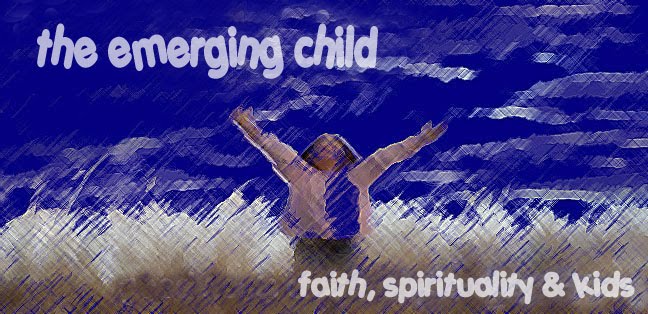
"Isn't there anyone who can tell me what Christmas is all about?" The classic quote from the timeless, A Charlie Brown Christmas, resonates with all of us and takes us back to a simpler time. Most of us have seen it over 100 times, but it still seems to make the Christmas season complete and help us to focus on the true meaning of the holiday. Overwhelmed with the commercialism of Christmas, our friend Charlie Brown finally hits the breaking point. Lifting his hands in desperation, he raises his voice and makes his yuletide plea! "Isn't there anyone who can tell me what Christmas is all about?" What timely words for me as I woke up this morning. And it made me wonder how many people ponder this same question.
I've been spending a lot of time just meditating on Christmas. This morning, my thoughts were much more vivid than usual. Not so much the "stuff", but just on what this time of year is supposed to mean to me. I have to admit, I've been a little jaded this year. For some reason, the commercialism seems to be more prevalent than it ever has been. The constant inundation of advertising at Christmas time, can cause many of us to slip into an almost mechanistic mindset that sends us forth in a spending whirlwind. We are inundated and it's almost impossible to avoid being sucked into the deception. But it's not just the shopping. We are inundated visually too: Christmas lights, store displays, television commercials, presents, our favorite TV shows, etc. etc. etc. The list is almost endless! If we are pushed to the limits of sensory overload, imagine what this does to our children?
Charlie Brown felt these same frustrations. Not experiencing the joy that he thought he was supposed to feel, he begins a quest to find the true meaning of Christmas. He seeks the psychological expertise of Lucy, but to no avail. He gets plugged into directing the school's Christmas play, but finds more frustration than he had before. Trying as he might to connect the dots, Charlie Brown finds more confusion and less peace. Finally, our ol' pal has had enough and with desperation and great passion, he cries out to his friends, "Isn't there anyone who can tell me what Christmas is all about?!" Silence. He waits. I can feel it! He's desperately hoping that the light will come on and he will finally realize what he's been seeking.
And then the answer. Linus, always well beyond years, walks up and offers the answer that seems to clear the fog: "Sure Charlie Brown, I can tell you what Christmas is all about. Lights please."
"And there were in the same country shepherds abiding in the field, keeping watch over their flock by night. And, lo, the angel of the Lord came upon them, and the glory of the Lord shone round about them: and they were sore afraid. And the angel said unto them, Fear not: for, behold, I bring you good tidings of great joy, which shall be to all people. For unto you is born this day in the city of David a Saviour, which is Christ the Lord. And this shall be a sign unto you; Ye shall find the babe wrapped in swaddling clothes, lying in a manger. And suddenly there was with the angel a multitude of the heavenly host praising God, and saying, Glory to God in the highest, and on earth peace, good will toward men." (Luke 2:8-14)
"That's what Christmas is all about, Charlie Brown".
Pretty simple, huh? No commercials. No lights. No decorations. No elaborate dinners. No presents. Just the eternal truth of Christmas and the birth of our saviour Jesus Christ. Peace. Joy. Salvation. Like a knife, it cuts through the junk and speaks to our souls. This is the truth that our children need to hear from us. This is the truth that will resonate in their souls and convict them of what Christmas is really all about. But it takes us, as parents and teachers, to be willing to communicate that truth, not just in our words, but in our actions as well. I mean, let's face it; we all feel like Charlie Brown from time to time. But when we are overwhelmed preparing for Christmas, look back to these simple words, from a simple and nostalgic Christmas TV show. Slow down. Listen to Linus.
"Glory to God in the highest, and on earth peace, good will toward men."






